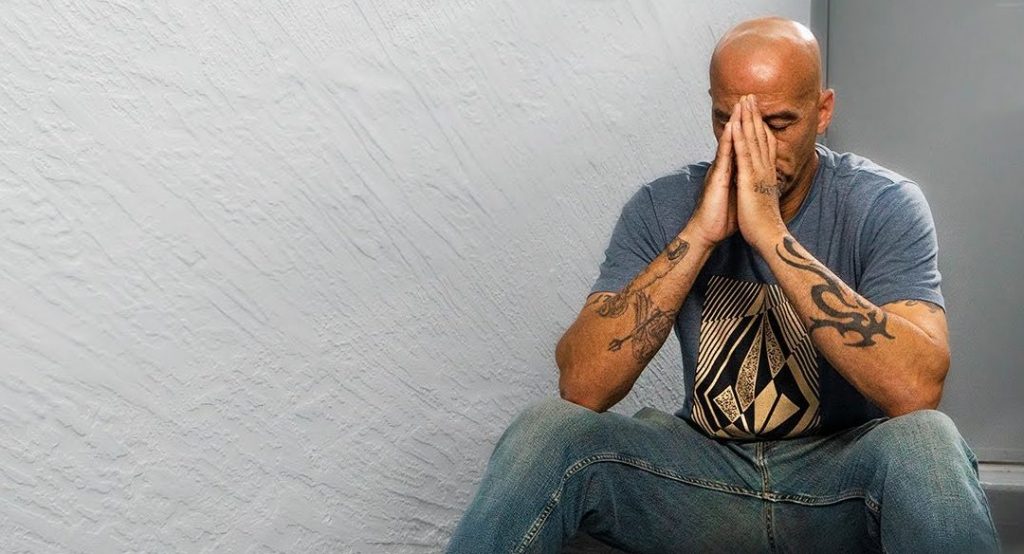Cognitive Behavioral Therapy (CBT) is a widely recognized approach to treating mental health disorders and promoting personal growth. Whether you’re navigating your mental health journey or looking to support someone you care about, CBT offers practical tools and strategies to manage symptoms of anxiety, depression, and other psychological issues.
Understanding Cognitive Behavioral Therapy
The Principles of Cognitive Behavioral Therapy
Cognitive Behavioral Therapy is based on the belief that our thoughts, feelings, and behaviors are interconnected. By identifying and challenging negative thought patterns, individuals can achieve positive changes in their emotions and actions. This therapeutic approach is grounded in collaboration between the therapist and the client, where they work together to develop coping strategies and problem-solving skills.
One key principle of Cognitive Behavioral Therapy is the idea that our interpretations of events, rather than the events themselves, significantly impact our emotional and behavioral responses. By examining and reframing these interpretations, individuals can gain a new perspective and improve their overall well-being. This process often involves exploring past experiences and identifying underlying beliefs that contribute to current challenges.
or Substance Use Disorders?
The Process of Cognitive Behavioral Therapy
In CBT, therapists guide individuals through a structured process that involves identifying and understanding their negative thoughts, emotions, and behaviors. This self-awareness serves as the foundation for making positive changes. Therapists use various techniques, such as cognitive restructuring and exposure therapy, to help clients develop healthier thought patterns and overcome their challenges.
Another essential aspect of the CBT process is setting specific and achievable goals. By establishing clear objectives, individuals can track their progress and stay motivated throughout therapy. Therapists often work with clients to break down larger goals into smaller, manageable steps, making the therapeutic journey feel more attainable and empowering. Additionally, CBT emphasizes the importance of practicing new skills outside of therapy sessions to reinforce learning and promote lasting change.
The Benefits of Cognitive Behavioral Therapy
Mental Health Improvements
CBT has been shown to be effective in treating a wide range of mental health disorders, including anxiety, depression, phobias, and post-traumatic stress disorder (PTSD). By addressing the underlying thoughts and beliefs contributing to these disorders, individuals can find relief from their symptoms and experience improved overall mental well-being.
Furthermore, cognitive behavioral therapy can help individuals develop effective coping strategies to manage stress, improve problem-solving skills, and enhance emotional regulation. This can result in a greater sense of control over one’s emotions and reactions, leading to a more balanced and resilient mental state.
Behavioral Changes and Personal Growth
Beyond mental health improvements, CBT also empowers individuals to make lasting behavioral changes and achieve personal growth. By identifying and modifying maladaptive behaviors, individuals can develop healthier habits and interpersonal skills. This can lead to enhanced relationships, increased self-confidence, and a greater sense of fulfillment in life.
Moreover, cognitive behavioral therapy can assist individuals in setting and achieving personal goals, whether related to career advancement, academic success, or personal development. By challenging negative thought patterns and fostering a growth mindset, CBT can pave the way for individuals to unlock their full potential and lead a more purposeful and satisfying life.

CBT for Mental Health Treatment
CBT is often used as a popular treatment for people experiencing mental health conditions that do not require medication. Through sessions with a licensed therapist, an individual can explore negative behavioral patterns that impact their quality of life and their relationships with others and develop healthier coping and communication skills. This can often involve examining a person’s past traumatic experiences that influence their current personal narratives to help establish effective, positive change.
CBT for Substance Abuse Treatment
CBT may be employed by professional therapists to help people with substance abuse disorders. These treatments involve a series of sessions in which a therapist will work with a client to identify thought patterns and behaviors that influence addictive behaviors to help the individual develop more effective coping mechanisms. This type of therapy can help to increase compliance with aftercare treatment programs and decrease the impact of triggers like stress, anxiety, and depression which can contribute significantly to relapse.
Preparing for Your First Therapy Session
What to Expect During Your First Session
As you prepare for your first therapy session, it’s normal to feel a mix of anticipation and nervousness. During this initial session, your therapist will likely ask questions about your background, current concerns, and goals for therapy. This session will serve as an opportunity for you and your therapist to get to know each other and establish a foundation for future sessions.
Tips for Opening Up in Therapy
Opening up in therapy can be challenging for many individuals, but it is an essential component of the therapeutic process. To facilitate open and honest communication, consider setting goals for yourself, keeping a journal to reflect on your thoughts and experiences, and reminding yourself that your therapist is there to support and guide you without judgment.

Long-Term Success with Cognitive Behavioral Therapy
Maintaining Progress After Therapy Ends
Once therapy ends, it’s important to maintain the progress you’ve made. This may involve implementing the coping strategies you’ve learned, staying connected with supportive individuals in your life, and seeking ongoing support when needed. Consider creating a self-care routine that incorporates activities that promote positive mental health and wellbeing.
Building Resilience with Cognitive Behavioral Techniques
CBT equips individuals with a toolkit of techniques to build resilience and manage future challenges. By continuing to apply the skills learned in therapy, individuals can navigate stressful situations more effectively and reduce the likelihood of relapse. Remember that resilience is a lifelong journey, and practicing self-compassion along the way is crucial.
Embarking on a cognitive behavioral therapy journey can be transformative, offering the opportunity for mental health improvements, personal growth, and long-term success. By understanding the principles of CBT, and incorporating CBT techniques into your daily life, you can empower yourself on your mental health journey. Remember, you are not alone – reach out for support, and embrace the possibilities that CBT can offer you.
CBT at Compassion Behavioral Health in South Florida
If you’re ready to take the transformative step toward mental health and personal growth with Cognitive Behavioral Therapy, Compassion Behavioral Health is here to guide you.
Our tailored approach ensures that you receive the care and support necessary for sustainable recovery. Conveniently located in South Florida, our Hollywood rehab center is a beacon of hope, easily accessible and close to serene beaches, offering a peaceful backdrop for your healing journey. Don’t wait to reclaim your life. Call Us Today and let us illuminate your path to wellness.






























